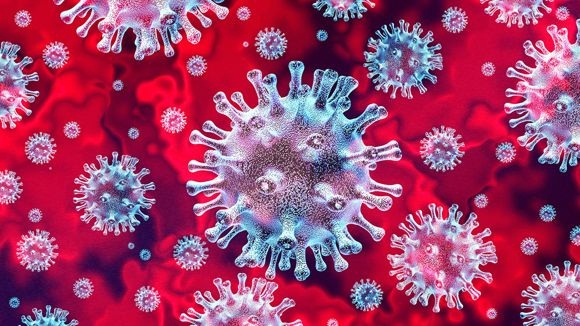In what could be termed as a respite for many, researchers have found that the novel coronavirus is unlikely to spread through sperms.
The researchers also said that they found no evidence of the virus in the samples of semen of men infected with mild-to-moderate COVID-19 disease. It comes as a huge relief as that would have made the spread multiply.
“The fact that in this small, preliminary study that it appears the virus that causes COVID-19 doesn’t show up in the testes or semen could be an important finding,” said study co-author James M Hotaling from the University of Utah in the US.
“If a disease like COVID-19 were sexually transmittable that would have major implications for disease prevention and could have serious consequences for a man’s long-term reproductive health,” Hotaling added.
For the findings, published in the journal ‘Fertility & Sterility’, the international team of researchers from China and the US launched the study in response to concerns that SARS-CoV-2 could be sexually transmitted like Ebola, Zika and other emerging viral pathogens. To find out, they collected semen samples from 34 Chinese men one month (on average) after they were diagnosed with mild to moderate cases of COVID-19. Laboratory tests did not detect SARS-CoV-2 in any of the semen samples. But just because the virus wasn’t present in the existing semen didn’t necessarily rule out that it hadn’t entered the testes where sperm cells are formed, the researchers said.
“If the virus is in the testes but not the sperm it can’t be sexually transmitted but if it is in the testes, it can cause long-term damage to semen and sperm production,” said study co-author Jingtao Guo.
To sort this part of the puzzle out, the researchers analysed a dataset generated from a single cell mRNA atlas from healthy young organ donors that were available from prior work. This atlas allows them to examine mRNA, the genetic material used to make proteins, in any single testicular cell.
In this case, the scientist used it to examine the expression of a pair of genes associated with SARS-CoV-2.These two genes, angiotensin-converting enzyme 2 (ACE2) and transmembrane serine protease 2 (TMPRSS2) act as receptors, allowing SARS-CoV2 to penetrate cells and replicate.
In order for the virus to access cells effectively, both receptors must be present in the same cell. When the researchers examined the dataset, they found that genes encoding these two proteins were only found in four of the 6,500 testicular cells, suggesting that SARS-CoV-2 is unlikely to invade human testicular cells.
Despite these findings, the researchers acknowledge that their study has several important limitations including small sample size and the fact that none of the donors had been severely ill with COVID-19.
Agencies






































